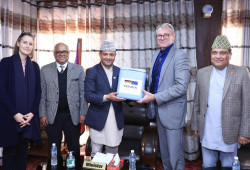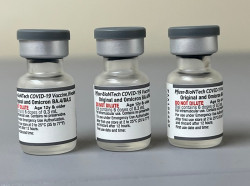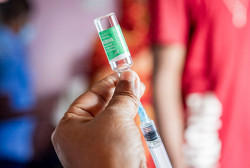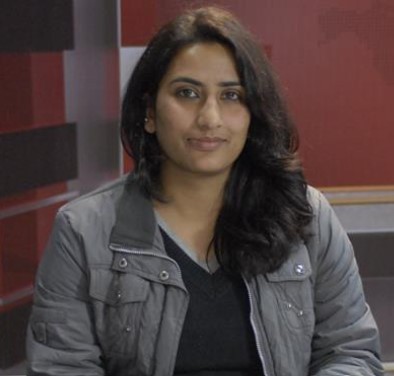Covid 19
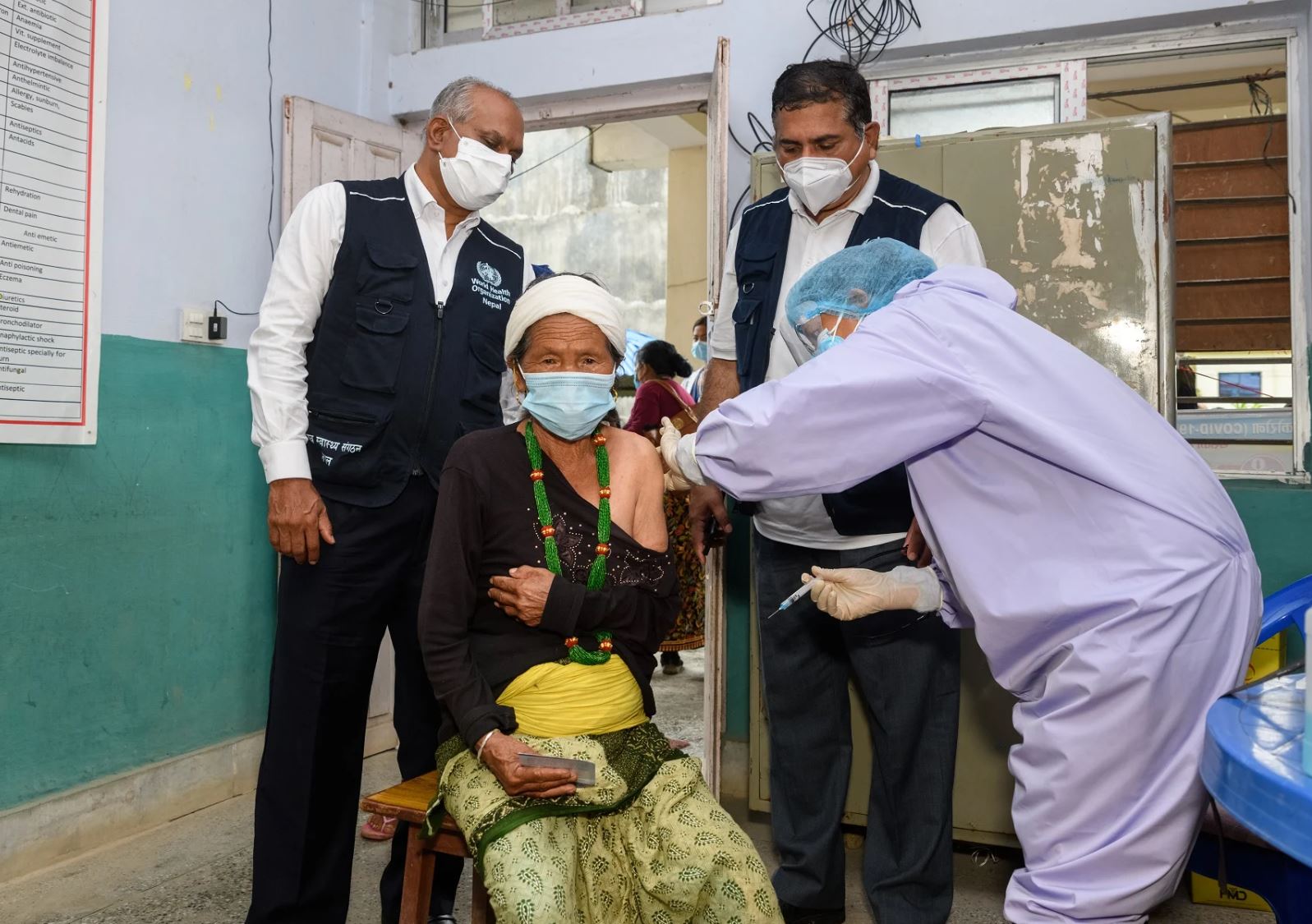
Only four coronavirus patients out of 19 who died in Nepal in less than a month until August 9 had taken vaccines against the virus. Fifteen had gone without the antivirus shots.
Unvaccinated, a 50-year male of Pragati Tole, Bhimdutta Municipality-6, died on August 5, a day after he was admitted to Seti Provincial Hospital for treatment of Covid-19.
“He had not taken any vaccine against coronavirus,” Dilip Kumar Shrestha, information officer of the hospital, said.
The hospital had seven people in its Covid ward, Shrestha added. “One of them, a female aged 28 has not taken a vaccine against coronavirus.”
Most deaths involve the unvaccinated
Since the resurgence of coronavirus infection in mid-July, fifteen of the 19 deaths recorded have involved people who had never received a vaccine against the disease.
“The four vaccinated people who died had underlying health conditions such as cancer and kidney disease,” said Dr Samir Kumar Adhikari, assistant spokesperson at the Ministry of Health and Population.
The Health Ministry recorded 868 people as testing positive for the infection in 24 hours until August 10. Three succumbed to the disease in the same period. Data showed 64 people were in intensive care units and seven were receiving ventilator care in the health centres across the country.
Covid-19 vaccines have proven effective in providing strong protection against serious illness, hospitalisation and death, the World Health Organization said, adding, they lower the severity of the infection.
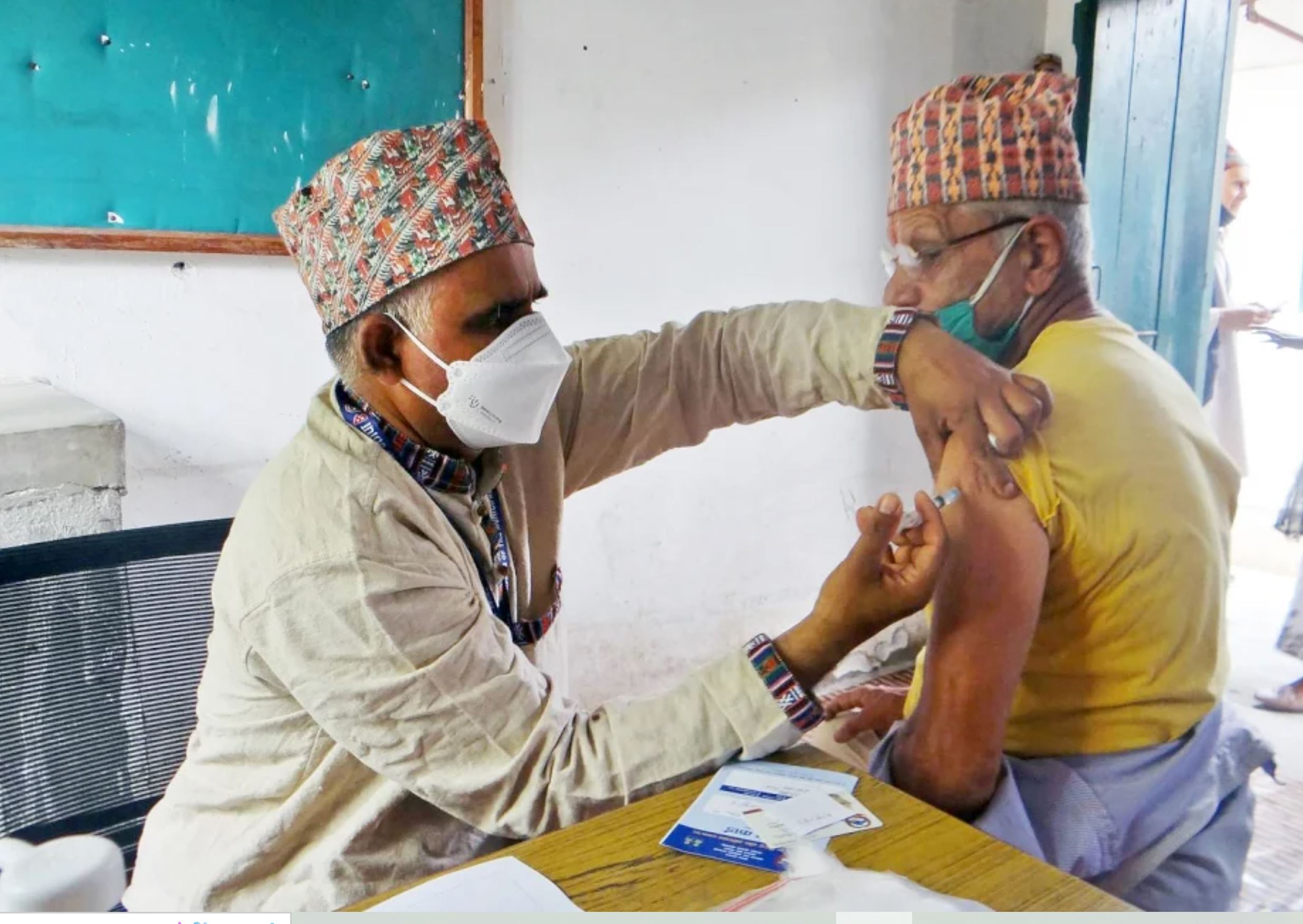
Prevailing confusion
Despite the call from health authorities, some people are still not taking the vaccines.
“Unavailability of the vaccines, vaccine hesitancy and lack of information about the availability of the vaccine are some of the reasons why people have yet to take the vaccines,” doctors said.
Sirjana Bhattarai, 19, of Pepsicola has already taken two doses of the vaccine but she is not sure how to get the booster. “I don’t know where to go for additional shots of the vaccine. I am usually in the college during the daytime when the vaccines are given.”
Not everyone finds it easy to get the vaccines. “In the absence of clear information to the public, people are still confused about the availability of the vaccine,” said Dr Sher Bahadur Pun, chief of the Clinical Research Unit at Sukraraj Tropical and Infectious Disease Hospital.
If you catch COVID-19 after vaccination, you are likely to have mild or no symptom, the UN health body says.
“The most effective way to save lives, protect health systems and reopen societies and economies is to vaccinate the right groups first,” said Tedros Adhanom Ghebreyesus, director general, WHO, in a press conference on July 27 in Geneva.
According to the health ministry, 75 per cent of the total population in Nepal has taken at least one shot of the vaccine and 70 per cent has taken both shots as recommended.
Ease of access
“If the government can arrange mobile vans to vaccinate people in communities and inform them about the vaccination drive in advance it will be easier for the elderly and patients with chronic illnesses to take the vaccines,” said Dr Baburam Marasini, a public health expert.
The government has been vaccinating people from health centres between 10am to 4pm on most days.
“If the time period for vaccination can be extended such as until the evening, people can go to the centres after their work,” said Dr Marasini.
So far, a total of 11,977 people have succumbed to the coronavirus infection in the country. Of these deaths, 1,717 were reported from Province One, 785 from Madhesh Province, 5,184 from Bagmati Province, 1,429 from Gandaki Province, 1,868 from Lumbini Province, 484 from Karnali Province and 510 from Sudurpaschim Province.
“If the government emphasises vaccination, the number of hospital admissions and deaths from coronavirus can be lowered,” said Dr Pun.
With Covid-19 cases rising of late, the health ministry has urged people to take the vaccines. It says the severity of infection is 10 times more in people who have not taken vaccines than in people who have been vaccinated.
No restriction
The government, however, is in no mood to impose restrictions to curb the transmission. “We need to keep in mind the economic and social sides and keep them running,” said Dr Adhikari. “Rather than restrictions, community participation is necessary to break the chain of infection.”
To prevent the infection from spreading, people are urged to follow the same old health protocols -- clean hands regularly from time to time, cover coughs and sneezes, keep indoor spaces well-ventilated, use sanitiser, maintain social distance, wear a well-fitting mask covering mouth and nose and avoid crowds.
